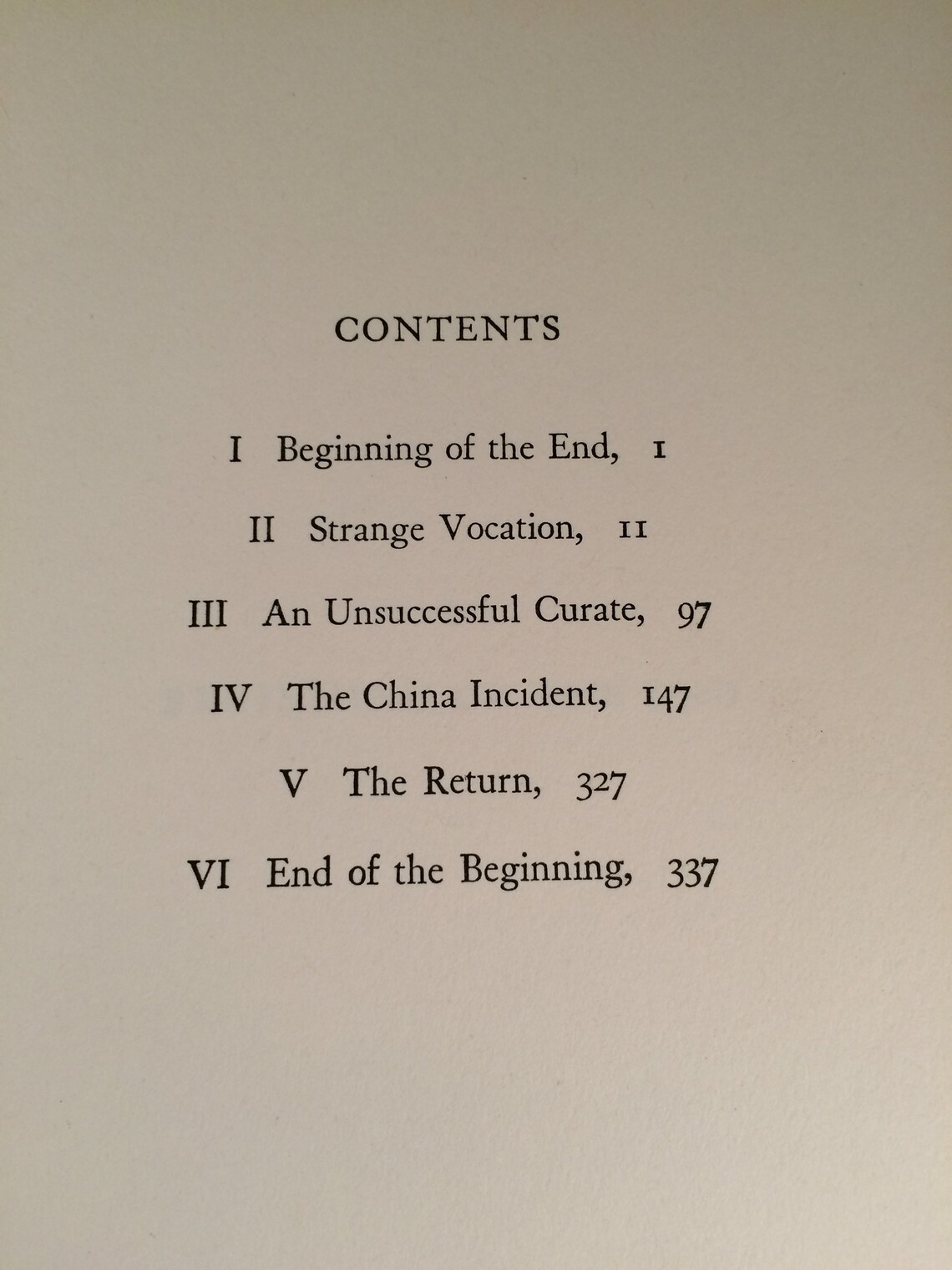
Particularly striking is the film’s treatment of Chinese characters in an age when Hollywood consistently offered agonizingly dreadful stereotypes of virtually all non-White racial groups. Although he does not convert the city, he becomes something like its patron saint. A medical mission evolves into a flourishing school and orphanage, and in the process, Chisholm helps defend the city from the armies of rampaging warlords.

Though his superiors commonly regard him as a pathetic failure, we see what a tremendous success he has been in developing a thriving Christian settlement in a Chinese city. The Keys of the Kingdom tells the story of Francis Chisholm (Gregory Peck), a Scottish Catholic priest who served many years in the China missions in the first third of the twentieth century. It thus makes for a fine teaching resource. It does a lovely job of portraying the American vision of missions at its most exalted and optimistic, but in a way that pays full respect to the people on the receiving end of missionary efforts. In more recent years, though, as I studied global Christianity, it occurred to me what a treasure the film is, and how often it runs against contemporary stereotypes. Finlay's Casebook.For many years, I have dearly loved the 1944 film The Keys of the Kingdom, based on the 1941 novel by A. Finlay character, the hero of a series of stories that served as the basis for the long-running BBC television and radio series entitled Dr.


His best-known works are The Citadel and The Keys of the Kingdom, both of which were made into Oscar-nominated films. Wikipedia: Archibald Joseph Cronin was a Scottish novelist, dramatist, and non-fiction writer who was one of the most renowned storytellers of the twentieth century. Archibald Joseph Cronin was a Scottish novelist, dramatist, and non-fiction writer who was one of the most renowned storytellers of the twentieth century.


 0 kommentar(er)
0 kommentar(er)
